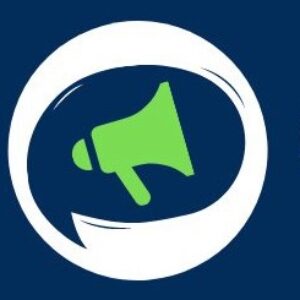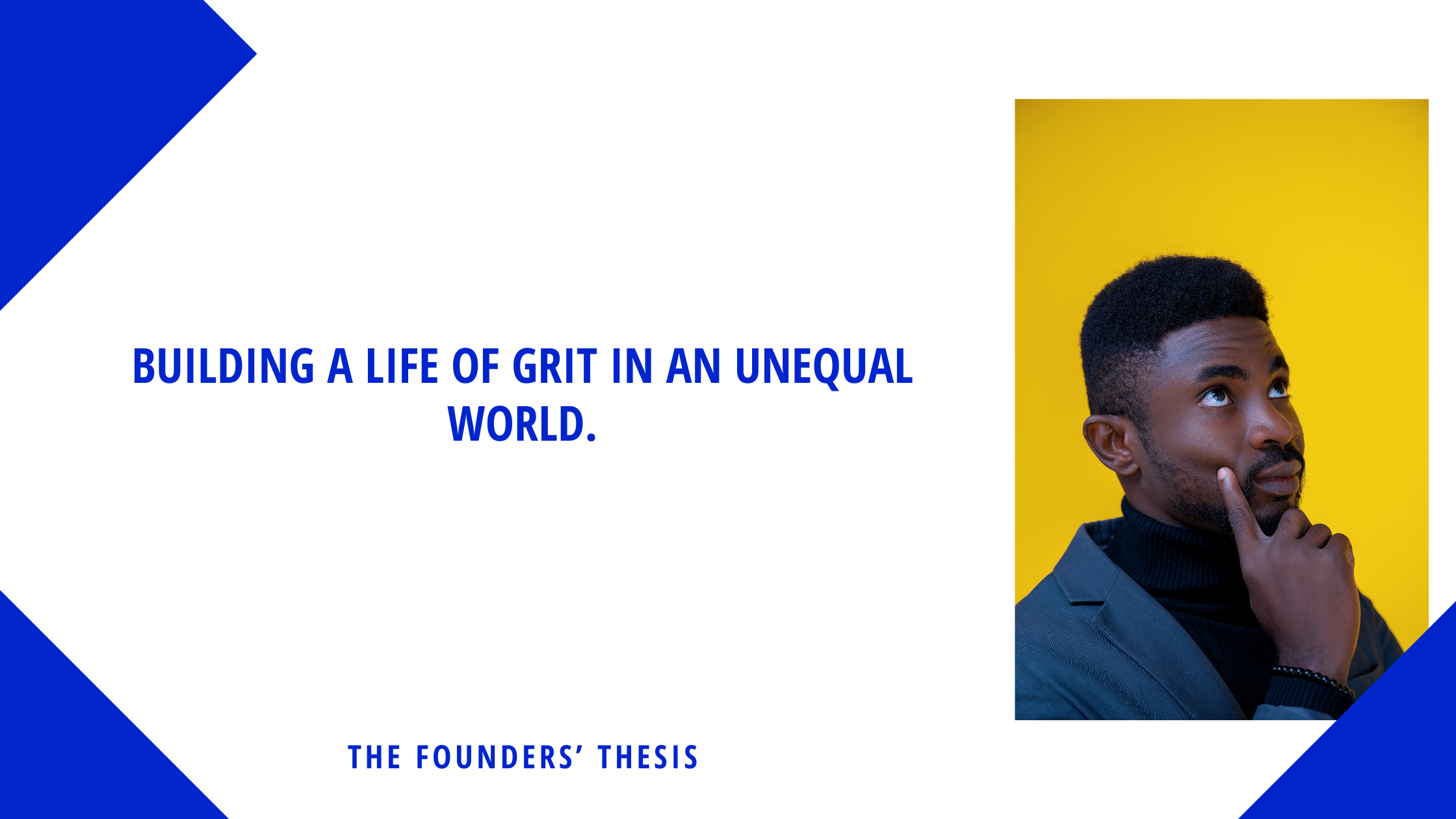“Many of us (myself included) are still building a rock-solid life. No inherited silver spoons. Just pure grit. Yes, some people are privileged — they’ve got access, support, and steady funding. But never forget: someone paid the price, laid the groundwork, and built what others now leverage. Respect the process. Build yours.”
In today’s hyper-connected yet deeply divided world, this quote captures the essence of a growing struggle: building from scratch when you start with nothing but ambition and determination.
It’s the silent journey of millions — no inheritance, no connections, no safety net. Just grit. While others glide on the escalator of generational privilege, many are still laying each brick of their foundation by hand.
The Global Wealth Divide: Starting Lines Aren’t Equal
The economic odds? Stacked.
According to the World Inequality Report 2022 (Chancel et al., 2022), the top 10% of global earners take home 52% of global income, while the bottom 50% receive only 8.5%. And when it comes to wealth (not just income), the richest 1% own nearly 38% of global assets.
Meanwhile, OECD data (2023) shows the average monthly income (adjusted for purchasing power) is:
- $3,586 in North America
- $2,500 in Europe
- $240 in Sub-Saharan Africa
That’s a 1:15 ratio — and that’s if you’re lucky enough to be employed. In Nigeria, youth unemployment and underemployment combined is still hovering above 50% (NBS, 2023).
This isn’t just an inequality of money — it’s an inequality of opportunity.
Privilege Is Real — And Measurable
Let’s not sugarcoat it. Some people start the game several laps ahead. In the U.S., a Brookings Institution report (2020) found that between 50-60% of wealth is inherited, not earned.
Globally, the billionaire class is a prime example. According to Oxfam’s 2024 report, about 60% of billionaire wealth is unearned, either inherited or gained through monopolies and political favor. Forbes data from the same year shows:
- Over 35% of billionaires inherited their fortune.
- Every new billionaire under 30 in 2024 was an heir, not a self-made entrepreneur.
Even among non-billionaires, these dynamics are visible. Chetty et al. (2014) found that in the U.S., kids born in affluent neighborhoods (like DuPage, IL) earn 15% above the national average by age 26. In struggling areas like Baltimore? They earn 17% below.
And while high-income students can “explore” majors like humanities and art, low-income students are pushed toward “practical” degrees with immediate job prospects — a pattern confirmed in Carnevale et al. (2018).
The Price of Grit: Building from Scratch in 2025
So what happens when you have no silver spoon? You build with your bare hands.
Globally, 58% of workers are employed in the informal economy — meaning no job security, no health insurance, no pension (ILO, 2022). That’s over 2 billion people living paycheck-to-paycheck.
In the U.S., Bankrate (2023) reports that 34% of workers are doing the same — and about 57% couldn’t cover a $1,000 emergency without borrowing or cutting essentials.
Meanwhile, the IMF (2023) highlights that developing countries spent $443.5 billion on external debt in 2022 alone — money that could’ve gone into education, infrastructure, or entrepreneurship.
But here’s the kicker: at the same time, 204 new billionaires were minted in 2024, and billionaire wealth increased by $2 trillion (Oxfam, 2024). Wealth is compounding — but only for the already wealthy.
The Invisible Foundations Others Stand On
“Someone paid the price, laid the groundwork, and built what others now leverage.”
Let’s break that down.
The roads we drive on, the internet we use, the public schools and universities — these didn’t fall from the sky. Someone before us built them.
In fact, OECD (2021) found that every college degree creates over $127,000 in public economic return for men and $60,600 for women in terms of taxes and productivity.
The modern internet? Built on decades of taxpayer-funded research. Today, it connects over 5.35 billion people (DataReportal, 2024). And while it offers new opportunities, those born in places with limited connectivity or education are still struggling to benefit equally.
Respecting the process means understanding that even privilege is often built on someone else’s sweat.
So, What Do You Do?
You build.
You invest in your education, your mindset, and your skills. You show up consistently — even when it feels like nothing’s working.
You save when you can, spend wisely, take calculated risks, and surround yourself with people who stretch your thinking. You learn from failure. You stay stubborn about your goals but flexible about your methods.
Because your hustle? It’s a seed. And seeds take time to grow.
Conclusion: Grit Is the New Currency
You may not have inherited wealth. You may not have influential uncles, angel investors, or Ivy League connections. But what you do have is your discipline, your vision, your creativity, and your capacity to learn and adapt.
Don’t just chase overnight success.
Build roots. Build resilience. Build respect.
And as you lay each brick of your life — remember: what you’re sweating through now will one day be someone else’s platform.
So yes…
Respect the process. Build yours.
🔍 References
- Brookings Institution. (2020). The Inheritance of Wealth in America. https://www.brookings.edu
- Carnevale, A. et al. (2018). Balancing Work and Learning: Implications for Low-Income Students. Georgetown University CEW. https://cew.georgetown.edu/
- Chancel, L. et al. (2022). World Inequality Report. World Inequality Lab. https://wir2022.wid.world
- Chetty, R. et al. (2014). Where is the Land of Opportunity? The Geography of Intergenerational Mobility in the U.S. https://opportunityinsights.org
- DataReportal. (2024). Global Digital Overview. https://datareportal.com/
- Forbes. (2024). Billionaires List. https://www.forbes.com
- ILO. (2022). World Employment and Social Outlook: Trends 2022. https://ilo.org
- IMF. (2023). External Debt Statistics. https://imf.org
- National Bureau of Statistics (NBS Nigeria). (2023). Labour Force Report. https://nigerianstat.gov.ng
- OECD. (2021). The Economic Case for Investing in Education. https://www.oecd.org
- Oxfam. (2024). Inequality Inc. https://www.oxfam.org/en/research/inequality-inc
- Bankrate. (2023). Financial Security and Emergency Savings Report. https://www.bankrate.com
Written By: Oluwatosin Oguntunde
Founder, Opportunity Gist | Thought Leader | Project Manager





